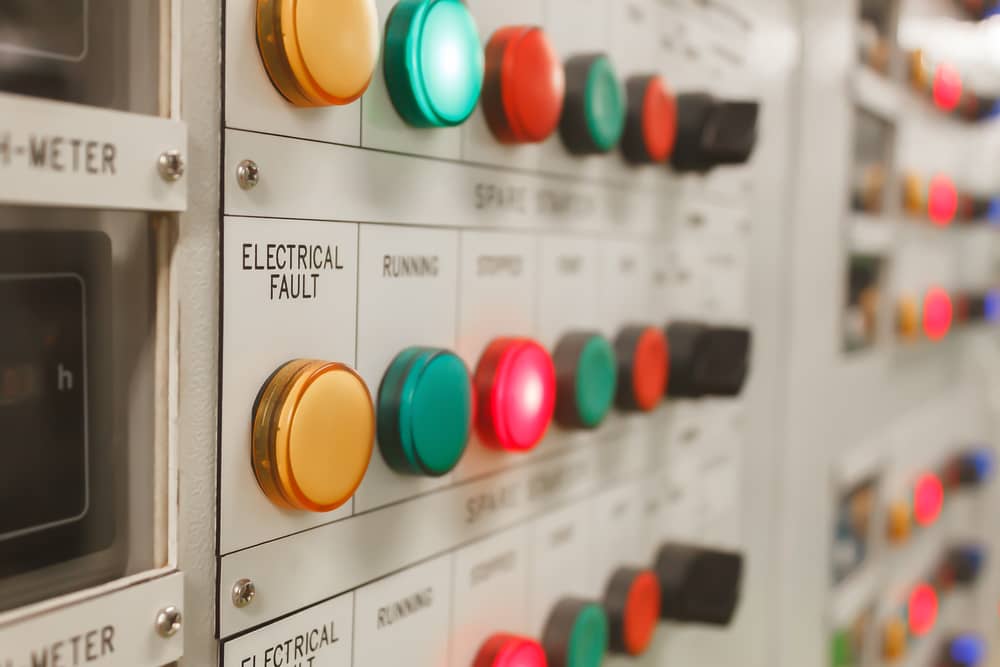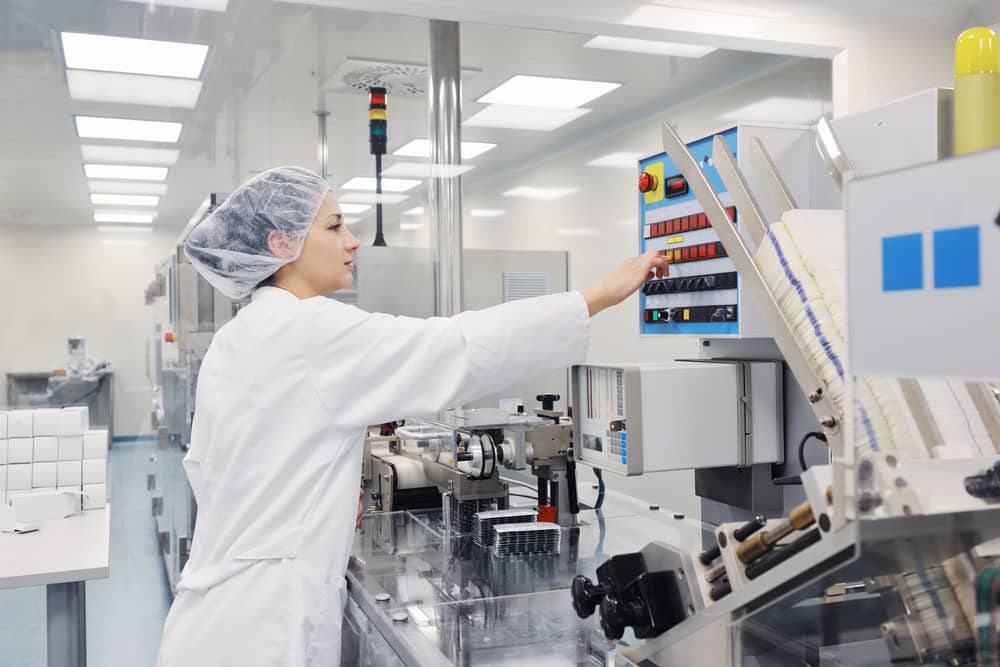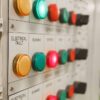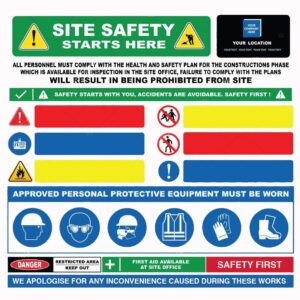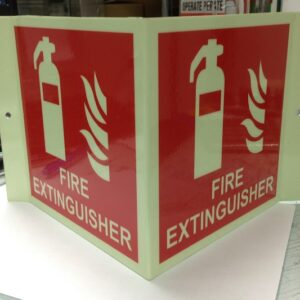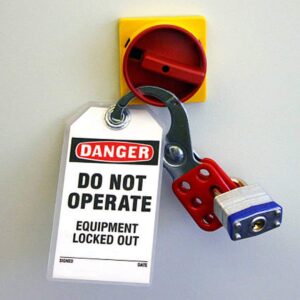Optimizing Industrial Operations: The Role of Control Panels in Manufacturing
2 minutes read
Control panels are essential components of industrial machinery, providing operators with the interface to monitor, manage, and regulate complex manufacturing processes. These panels play a pivotal role in enhancing operational efficiency, ensuring precise control, and facilitating seamless automation within industrial environments.
Centralized Monitoring and Regulation: Streamlining Operational Control
They serve as centralized hubs for monitoring and regulating various aspects of industrial machinery and manufacturing processes. They provide operators with a consolidated interface to manage parameters such as temperature, pressure, speed, and other critical operational metrics.
Advanced Automation Capabilities: Enhancing Precision and Productivity
These panels integrate advanced automation capabilities, enabling precise adjustments, automated sequencing of manufacturing steps, and real-time monitoring of process variables. These capabilities contribute to improved productivity, consistency, and reduced operational costs within manufacturing operations.
Safety Compliance and Emergency Response: Promoting Operational Well-Being
They are equipped with safety monitoring features, alarm systems, and emergency shutdown controls to ensure compliance with industry safety standards. These features play a critical role in preventing accidents, mitigating risks, and promoting operational well-being within industrial settings.
Customization for Industry-Specific Requirements: Tailored Solutions for Varied Applications
These panels offer customization options to align with diverse industry-specific requirements. From interfacing with specific machinery to accommodating unique automation needs, these panels can be tailored to meet the precise operational demands of various manufacturing applications.
Conclusion
Control panels are indispensable tools that optimize industrial operations, enable advanced automation, ensure safety compliance, and offer tailored solutions to meet diverse manufacturing needs. Their role in streamlining operational control, enhancing precision, and promoting safety underscores their significance in modern manufacturing environments.
Everyday Queries about Control Panels
What are safety precautions to follow when using or maintaining control panels?
Safety precautions when using or maintaining control panels include following proper lockout/tagout procedures, wearing appropriate personal protective equipment (PPE), working on de-energized panels where possible, using insulated tools, avoiding exposed live wires, and adhering to electrical safety guidelines.
How can users troubleshoot common issues with the panels?
Users can troubleshoot common control panel issues by checking power supply connections, verifying circuit breakers or fuses, inspecting for loose wires or damaged components, reviewing error codes or indicators, consulting equipment manuals, and seeking assistance from qualified technicians if needed.
What are some common maintenance tasks for them?
Regular maintenance of the panels is essential to ensure uninterrupted operation, prevent equipment failures, enhance system reliability, and extend the lifespan of electrical components. Routine maintenance helps detect issues early, reduces downtime, and promotes overall system efficiency.
How often should the panels undergo maintenance checks?
The frequency of maintenance checks for control panels depends on factors like usage intensity, environmental conditions, and industry standards. Typically, regular visual inspections can be conducted monthly, with more comprehensive maintenance scheduled quarterly or semi-annually to ensure optimal performance.


